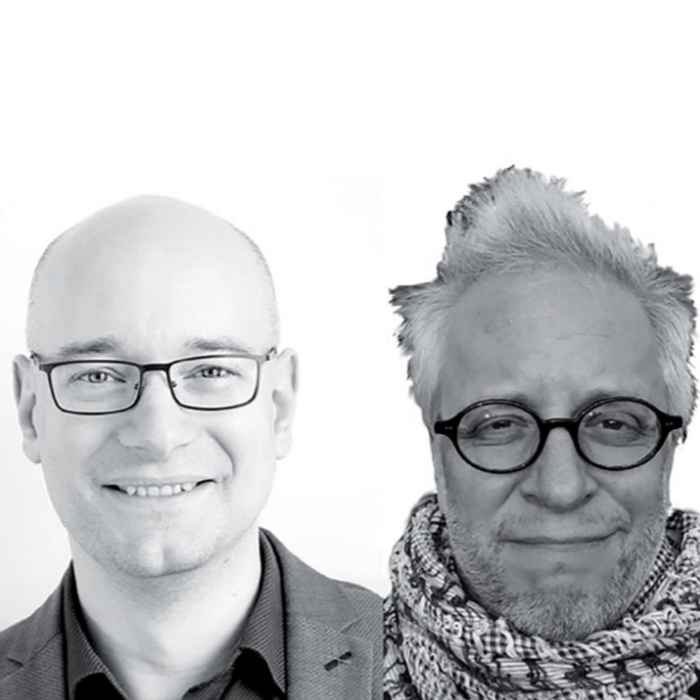Lasse Gerrits and Brian Castellani about their IAS fellowship
2 April 2021

The project Lasse Gerrits and Brian Castellani worked on revolved around writing the book The Atlas of Social Complexity, which extends Castellani’s previously created Map of Social Complexity. The goal of the Atlas is to map the history of the study of social complexity but more importantly to look forward into the future. Lasse Gerrits: “We asked ourselves the question, what’s next? I’ve been studying social complexity for two decades now, and it has yielded many results. We want to take stock of what has been done already, but we are mostly interested in: what will be next? What are the pressing themes? What are the new, exciting methods? What topics have been left uncovered? What are the blind spots? What are the challenges for the field? That’s what our research project is about.” The Institute for Advanced Study has shown to be an ideal place to collect input from many different perspectives. Gerrits continues: “We’ve conducted about 50 interviews with researchers and other people in the IAS community and beyond, to tease out those questions. Since we are not experts in all the fields, we tapped into their knowledge to be able to compile the Atlas.”
Brian Castellani: “I think both of us were skeptical of being able to pull any of this off in a virtual environment. However, the virtual alternative really proved more useful than we thought it would. I think the norms of online exchange for scholars changed, with people being much more open-minded about how to get work done, which allowed us to interact with a lot more people than we would have otherwise. I don’t think we could have interviewed nearly as many people as we did, if we had to physically travel. Also, being in virtual IAS workshops made it easier to connect to people and invite them for an interview. We were not just focused on traditional academics. We interviewed artists, policymakers, musicians we really tried to look more broadly at what’s being done. The community of the Institute is leading edge in this, and for me this forms and integral part of this fabric of complexity that is around the Institute”.
Both Brian Castellani and Lasse Gerrits have extended their fellowship and look forward to continuing their project at the Institute in Amsterdam once this is possible again. Because, although they have made good progress during lockdown, nothing beats real-life discussion and interaction in a slow-science type of environment with bright and creative minds.
The book “The Atlas of Social Complexity” will be available through Edward Elgar Publishing next year.